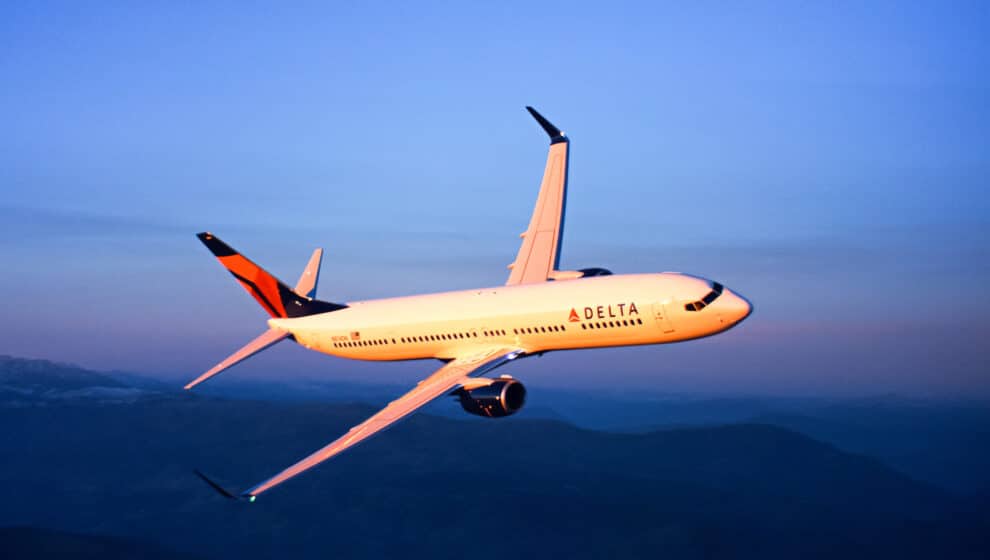Despite inflation and higher consumer costs, Americans are still planning to travel this summer.
Key Details
- Ticket prices are at some of the highest rates customers have seen in years, yet these higher costs do not seem to be dissuading travelers.
- Delta Air Lines CEO Ed Bastian tells Fortune that demand remains “really, really strong.”
- “People talk about revenge travel, or pent-up travel—this is beyond anything that people can classify as truly pent-up,” Bastian says. “We went through several years of people not being able to get back out and travel and experience and see loved ones, see their business colleagues, adventures—all the reasons we travel. And people had a lot of time.”
- Delta reported that it is still seeing some of the highest demand levels in its history, with no clear end in sight.
Why it’s news
The travel industry, and particularly air travel, suffered during the pandemic. Even after some travel was allowed, customers were hesitant to fly on planes where they would be in close proximity to other travelers or would be required to wear masks and other protective gear.
Though these concerns no longer affect travel to the same extent, inflation, and rising costs could have negatively affected travel. However, consumers seem unperturbed by the greater expenses.
“Revenge travel” refers to consumers traveling more than before to make up for lost time during the pandemic.
Delta, and other airlines, are benefiting from the increased demand. “We’ve had the 20 largest cash sales days in our history all occur this year,” Bastian says.
However, there is no telling how long revenge travel will last. Remote work gives employees greater opportunities to travel. They can work remotely for a week in another state or country without ever having to use vacation time.
For now, changing consumer habits have adjusted how Delta does business. Customers prefer to book flights further in advance, meaning the airline has had to adapt its business model. The company also waived change fees, allowing customers to change their minds more easily, Fortune reports.
The pandemic adjusted consumers’ perspectives on travel. Before the pandemic, travel was a want—a luxury expense. Now, consumers view travel as a need.
“Travel is good for the world,” Marriott International luxury president Tina Edmunson says. “It opens minds, fosters connection, broadens perspectives, and fuels inspiration. The pandemic made people reprioritize, and travel has risen to the top of the list as many people have developed a new appreciation for travel, or it has taken on a greater meaning and higher importance.”
This thirst for travel was present last summer, but airlines were not as prepared for it then as they are now. Customers were clamoring to travel, but many were attempting to book vacations around the same time. Airline workers were not prepared or did not have the skills to meet customer needs.
But this year, Bastian says Delta is prepared. The company has hired an additional 25,000 employees, trained and ready to meet the crowds of summer travelers.
However, travelers may still meet some of the same difficulties they did last year. Bastain explains that many airlines are struggling to add planes to their fleets due to slow manufacturing times. Engine and other aircraft repairs can take longer than companies would prefer.
“Supply-chain challenges and staffing challenges still exist in some parts of the industry,” he says. “[But] there’s more balance between the supply than ever, in terms of what you can put out, with strong demand, which is yielding some good results.”
